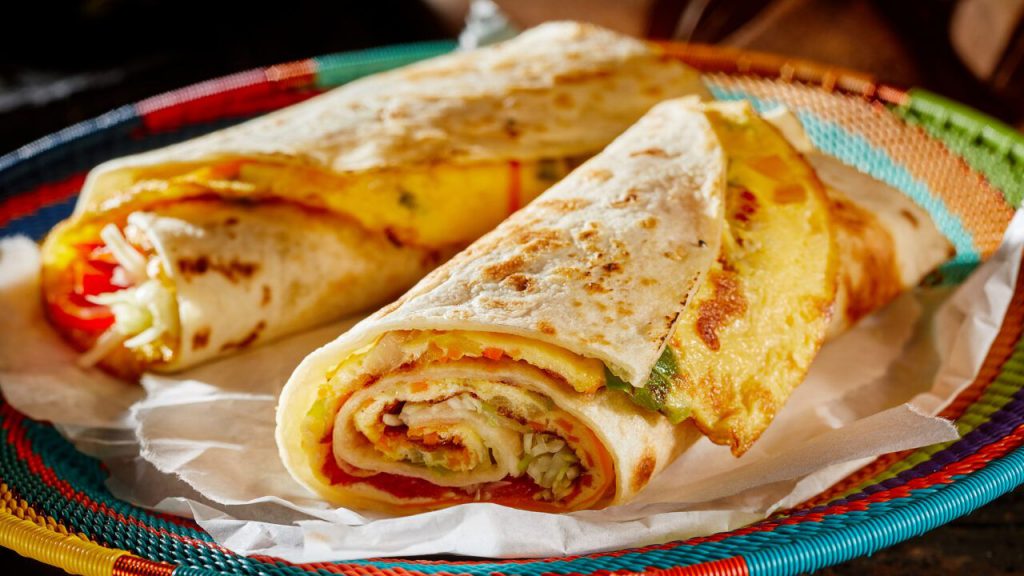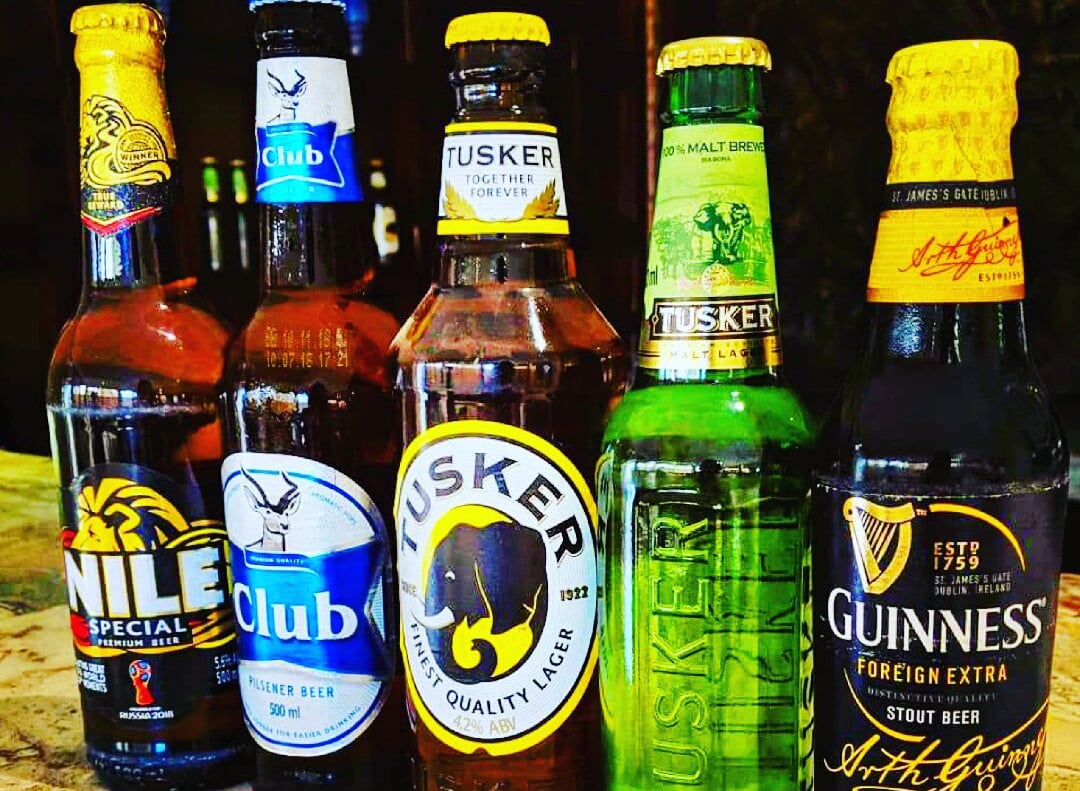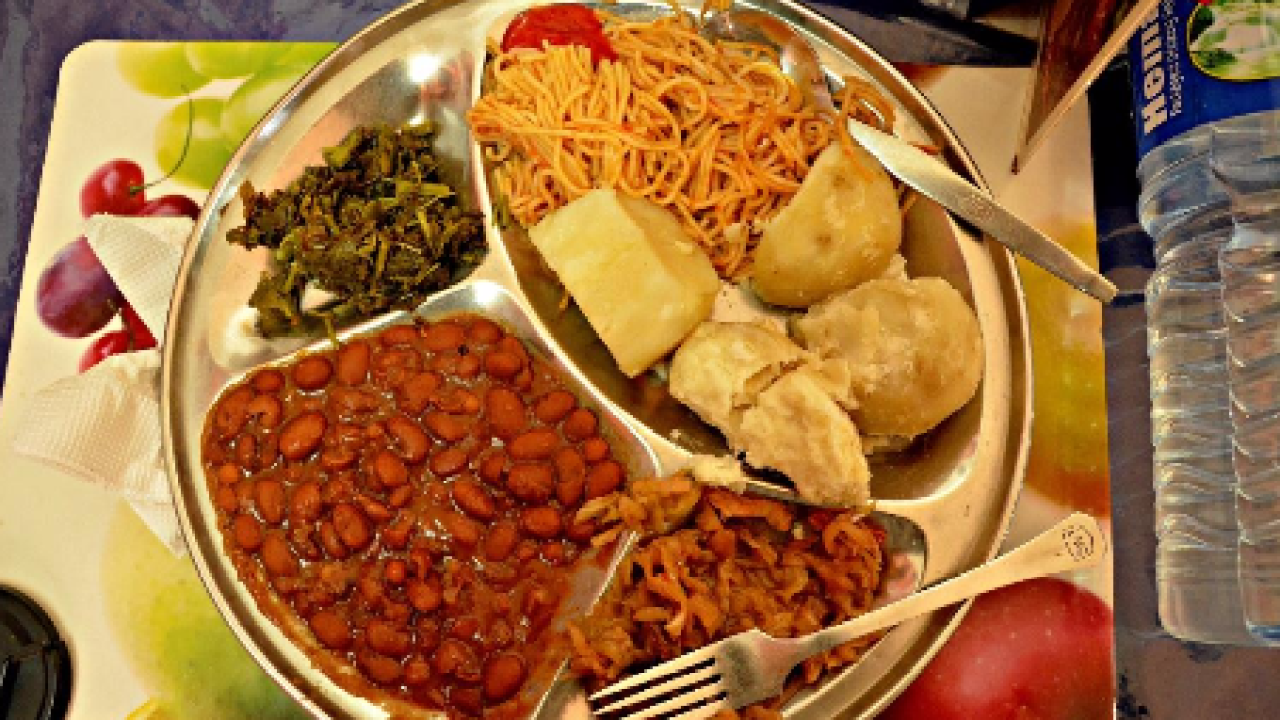When going on a safari in Uganda, it’s important to plan your meals and hydration carefully to ensure you have an enjoyable and safe experience. Here are some tips for eating and drinking on a Uganda safari:
Thank you for reading this post, don't forget to subscribe!Water
Staying hydrated is crucial, so make sure to drink plenty of water throughout the day. Carry a reusable water bottle and refill it whenever you have the opportunity. Inquire with your tour operator or lodge about the availability of safe drinking water sources.
Tour operators often provide you with drinking water however in case you wish to get yourself some water, it is important to note that in Uganda, tap water is not safe for drinking. Even some water brands might not be recommended for purposes of safety. Always inquire with your tour guide or tour operator before you get yourself drinking water.
Lodges and Camps
If you’re staying at lodges or camps during your safari, they typically provide meals as part of their packages. Most accommodations in Uganda offer a variety of dishes, including both local and international cuisine. Inform them in advance if you have any dietary restrictions or preferences.

However, it is also important to note that if you are a Vegan traveler, then a camping safari with a personal chef would be better for you. There are no Vegan restaurants and lodges in Uganda at the moment.
Packed Lunch
During game drives or longer excursions, your tour operator may provide packed lunches. These lunches usually consist of sandwiches, fruits, snacks, and bottled water. They are convenient for enjoying a meal while observing wildlife in the parks.
Packed lunch and breakfast often come in handy when you are going for a very early morning game drive, gorilla trekking, or chimpanzee tracking.
Local Cuisine
Uganda has a diverse culinary scene, and trying local dishes can be an exciting part of your Uganda safari experience. Traditional Ugandan food includes dishes like matooke (mashed plantains), posho (maize meal), groundnut (peanut) stew, and chapati (flatbread). Be adventurous and give them a try if you’re interested.

Each region in Uganda has its own local cuisine. Consider always trying out the different cuisines in the different regions of Uganda. It is also important not to forget the Rolex snacks which are a combination of an Omelet rolled in flatbread.
Dietary Restrictions
If you have specific dietary requirements or allergies, it’s essential to inform your tour operator or lodge in advance. They can make the necessary arrangements to accommodate your needs. It’s also advisable to carry some snacks or energy bars with you in case you have limited options.
Also, carry your allergy medication to avoid getting sick on your Uganda safari.
Safe Food Practices
When it comes to street food or eating outside of established lodges and restaurants, be cautious. Ensure that the food is prepared and handled in a hygienic manner to avoid any potential foodborne illnesses. Stick to cooked foods and avoid raw or unpeeled fruits and vegetables, as well as tap water that may not be safe for consumption.
Alcohol
If you enjoy alcoholic beverages, many lodges and camps in Uganda have bars where you can relax and have a drink after a day of wildlife viewing. However, remember to drink responsibly and avoid excessive alcohol consumption, as it may affect your overall safari experience.

Alcohol is one of the pivotal points of Uganda’s nightlife. It is relatively hard to enjoy Uganda’s nightlife if you are non-alcoholic.
Remember to check the specific recommendations and guidelines provided by your tour operator or lodge, as they may have additional information and advice regarding eating and drinking during your Uganda safari.

